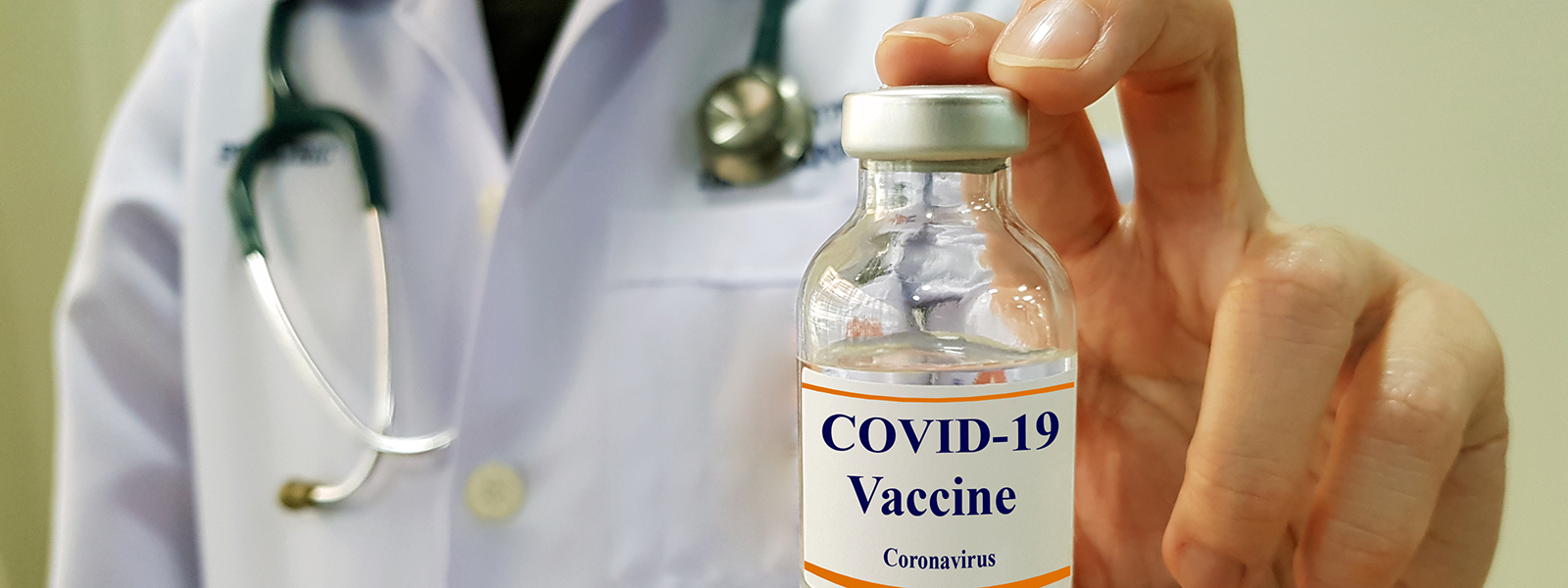
Women who have COVID-19 towards the end of their pregnancy are vulnerable to birth-related complications, according to new research involving the University of Strathclyde.
They are more likely to have complications than those who get COVID-19 in the earlier stages of pregnancy or not to have had the virus at all.
The findings show that preterm births, stillbirths and newborn deaths are more common among women who have the virus 28 days, or less, before their delivery date.
The majority of complications, which also include COVID-19 related critical care admissions, occurred in unvaccinated women, according to the research, which is one of the first national studies of pregnancy and COVID-19.
The researchers say more should be done to increase vaccine uptake in pregnant women, whose vaccination rates are much lower than those of women in the general population.
The research was led at the University of Edinburgh and also involved the Universities of Glasgow, Aberdeen and St Andrews, Public Health Scotland and Victoria University of Wellington. It has been published in the journal Nature Medicine.
Professor Chris Robertson, of Strathclyde’s Department of Mathematics and Statistics, a partner in the study, said: “This is an exceptionally important study using the linked health data in Scotland, which is able to identify all pregnant women in Scotland and match to their vaccination and health outcomes data. This is carried out in a secure environment such that individual women cannot be identified by the researchers.
“The evidence provided should reassure pregnant women about the benefits of the vaccines and demonstrates the risks unvaccinated women face from COVID-19 infection.”
The team analysed data relating to all pregnant women in Scotland. It included more than 87,000 women who were pregnant between the start of vaccination uptake in December 2020 and October 2021.
Vaccination uptake during the study period was lower in pregnant women, compared with women aged 18 to 44 in the general population.
Around 32% of women who gave birth in October 2021 were fully vaccinated – meaning more than 14 days had elapsed since a second vaccine – compared with 77% of the general female population aged 18 to 44.
Since the start of Scotland’s vaccination programme, a total of 4,950 cases of COVID-19 have been confirmed during pregnancy, with 77% of these cases in unvaccinated women.
Around 12% of COVID-19 cases were in partially vaccinated pregnant women – those who had only received one vaccine dose, or were diagnosed less than 14 days since their second dose. This compares with 11% of cases in fully vaccinated women.
The team analysed data on extended perinatal deaths, which is defined as death of a baby in the womb after 24 weeks of pregnancy, or in the first 28 days after birth.
They found that the extended perinatal death rate among babies born within 28 days of their mother developing COVID-19 was 23 per 1,000 births. All baby deaths occurred with women who were unvaccinated against COVID-19 at the time of infection.
Around 17% of babies born within 28 days of their mother developing COVID-19 were delivered prematurely – more than three weeks before their due date.
The data were then compared to the background rates of extended perinatal deaths and preterm births, which are the rates for all babies born in Scotland regardless of whether their mother had previously had COVID-19 or been vaccinated.
The background perinatal mortality rate during the pandemic in Scotland was six per 1,000 and preterm birth rate was 8%.
The researchers stated that it is not possible to say if COVID-19 contributed directly to the deaths or preterm births, as they did not have access to detailed clinical records for individual women.
Admission to hospital and critical care were also significantly more common in pregnant women with COVID-19 who were unvaccinated at the time of diagnosis than in vaccinated pregnant women; 98% of women with the virus during pregnancy who were admitted to critical care were unvaccinated.
The team also monitored complication rates in women who received a COVID-19 vaccination during pregnancy. The perinatal mortality and preterm birth rates in women within 28 days of receiving a vaccine were very similar to the background rates, at four per 1,000 and 8% respectively, providing further reassurance on the safety of vaccination during pregnancy.
Professor Nicola Steedman, Deputy Chief Medical Officer for Scotland, said: “These findings are of concern and reinforce the importance for pregnant women or those thinking of getting pregnant of getting vaccinated as soon as possible. The COVID-19 vaccine is the best way to protect pregnant women and their babies against these risks and can be given at any stage during pregnancy.
“In December, we adopted the Joint Committee on Vaccination and Immunisation’s advice to prioritise pregnant women for vaccination, recognising the increased vulnerability they have to severe COVID-19 and I would encourage all expectant mothers to have a first, second or booster vaccine dose as appropriate in order to better protect yourself and your baby.”
The findings are part of the COPS study, which provides population-based information for the whole of Scotland on the incidence and outcomes of COVID-19 infection and COVID-19 vaccination in pregnancy. COPS is an offshoot of the EAVE II project, which uses anonymised linked patient data in Scotland to track the pandemic and the vaccine roll out in real time.
The research was funded by Wellcome and the charity Tommy’s and supported by the charity Sands.